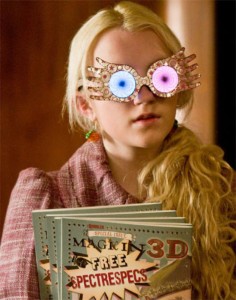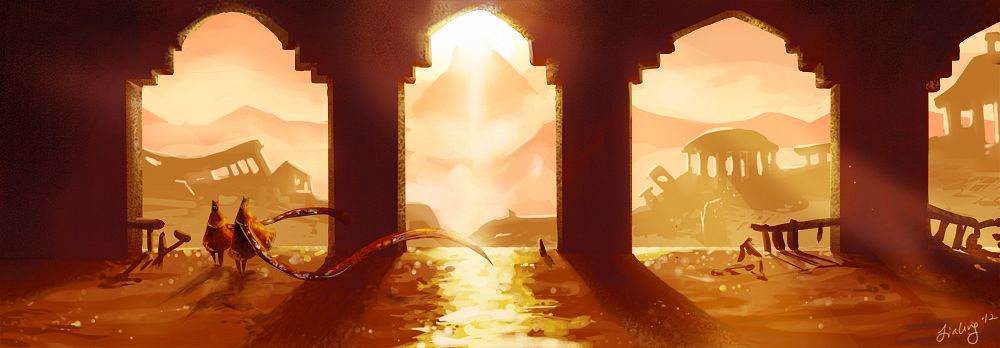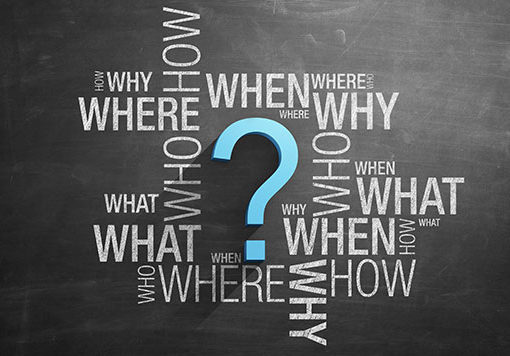Trigger Warning: Mentions of Rape, Sexual Assault
 During my last year of college, I took a film course while getting my English minor. The course itself was pretty fun: an in depth analysis of “bad” film and what made it so bad. The instructor, however, was horrible.
During my last year of college, I took a film course while getting my English minor. The course itself was pretty fun: an in depth analysis of “bad” film and what made it so bad. The instructor, however, was horrible.
While I have many stories from this class, something always sticks out when I think about it. We were talking about a film, I think it was Doomsday Machine, and one of the students mentioned they weren’t able to attend the class screening, so could one of us give them the quick rundown. Another student was quick to reply, saying “As a woman, I hated this movie. As a feminist, it’s even worse.”
The instructor was quick to hone in on her, his mouth a thin line of anger. “You cannot watch any of these films with your feminist lens,” He said. “You have to shut it off. You won’t learn anything with that lens.”
You see, the student was speaking about how Machine was rife with sexual assault and hints of rape. How the victims carry the blame (and even die) while some assailants get away. And how the movie pointed out that “men around women can’t control themselves.” All very wrong ideologies to hold.
When voiced to the instructor, he simply scoffed. “That wasn’t what I wanted you to be looking for. Turn off the lens.”
—
While I hate to credit that instructor with anything, I will always remember that conversation in class. Because I realize that it comes back to play in many conversations I have with folks when talking about the consumption of media. I’d like to believe that it’s never as bad, but the hints and themes are still there.
 Personally, I don’t think feminism and social justice are the lens. I think complacency is. Complacency is the rose-colored glasses we wear when we watch the white-washed Ghost in the Shell movie or march in solidarity to all women while focusing on anatomy (good ol’ pussy hats). Complacency is cheering the gay character in the Beauty and the Beast remake while ignoring the fact that he’s the Fool, and yet again a minor character. Complacency is saying “at least there’s a trans character” in Mass Effect: Andromeda, despite the portrayal being hamfisted the first time around. Complacency is anyone who says “well it’s better than before!”
Personally, I don’t think feminism and social justice are the lens. I think complacency is. Complacency is the rose-colored glasses we wear when we watch the white-washed Ghost in the Shell movie or march in solidarity to all women while focusing on anatomy (good ol’ pussy hats). Complacency is cheering the gay character in the Beauty and the Beast remake while ignoring the fact that he’s the Fool, and yet again a minor character. Complacency is saying “at least there’s a trans character” in Mass Effect: Andromeda, despite the portrayal being hamfisted the first time around. Complacency is anyone who says “well it’s better than before!”
I would venture to guess that we all have a complacent lens. Sometimes that complacency is fueled by ignorance, and sometimes, it’s fueled by exhaustion. Oftentimes, it’s fueled by privilege.
I understand the feeling of enjoying something despite its flaws. One of my favorite games is NieR:Gestalt and Replicant, after all. One look at Kaine should point to an obvious conversation about oversexualization and impracticality in female character design. She’s wearing heels and battle lingerie, for gosh sakes. The game means a lot to me. But I don’t ignore its errors (obvious or not).
The difference is between shutting off and shutting out. When the instructor told the student to “Shut off the lens,” he actually wanted her to shut out the thoughts that told her what was one screen was wrong. To ignore them and not bring them for conversation and discussion. As he said, it wasn’t what he wanted her to see.
Shutting off is different, to me. It’s backing away from an argument or set of media and doing something else for a time. It’s understanding that the thing you’re partaking in isn’t perfect, but it’s flaws are a discussion for another time. It’s playing Final Fantasy XV or Mass Effect: Andromeda or NieR: Automata and saying “well, they didn’t handle ‘X’ well” or “need to do Y better” but still getting some fun out of the games. It’s the mental health break we all take to keep floating.

When you shut out, though, you never see the problems. Or you accuse others of going to look for the problems when they were always there. Worse, it’s when you readily reject problems within a specific media because you like it. Or when it’s “always been that way” so you reject change. Shutting out prevents conversation. Prevents change. Prevents any break in the complacency. It’s the “Oh well, what can you do?” mentality.
Shutting out comes from a place of privilege. The more you can distance yourself from a problem, the less you are affected by the problem, the more complacent about it you can be. When the problem is your everyday life, it’s impossible to ignore it, to shut it out. You don’t go looking for it because it’s always staring you right in the face.
It’s why there’s such a need for good, diverse representation in media. The need to move past the Token Gay, the Token Minority, the Token Strong Female Character. So that the burden no longer falls on the oppressed. So that these conversations happen. So that we no longer have to shut off anything to enjoy media, and that those who kept shutting out the problem are forced to come to terms with it.
We really have to move past “This is fine.” And it’s about time that someone else was uncomfortable for the sake of progress.
—
Contrary to what my instructor of that “bad films” course thought, I did learn something from his class. And I never “shut off my lens.” Unfortunately for him, part of what I learned is to never trust white cisgender men in power.
Well, I already knew that, but his course certainly reinforced that.
That course did teach me to look critically at all media, regardless of the age. That context behind the creation can only go so far. It taught me to take advances in stride, and showed me how fucking far we still need to go.
It also taught me the extent some people will go to justify something as “alright” when everything most certainly is not. How far people will go to make themselves feel justified and comfortable, regardless of how uncomfortable it makes others.
Perhaps my favorite lesson, however, was how much it means when you look into the face of privilege and power and say “No.”




